Health Care Access: The COVID-19 Health Crisis Explained by Experts
With the COVID-19 pandemic’s impact still being felt in every area of American life, rigorous reporting on the crisis remains vital. To meet this need, Scholars Strategy Network has compiled a list of scholars who are available to be contacted for comments and analysis. Below are the scholars who can comment on health care access in the United States during the pandemic.
You can connect with all researchers available to comment on the COVID-19 pandemic here.

“The COVID-19 pandemic has exacerbated many Americans’ financial situations and led to increasing health care needs. Timely policy solutions are needed to reduce costs associated with and beyond COVID-19 care, as well as to expand health care coverage for millions of Americans who lost health insurance due to unemployment. Hospitals and health care systems, especially safety-net hospitals, also face unprecedented financial challenges from high costs associated with COVID-19 hospitalization and revenue-loss due to cancelled services. More help is needed to sustain health care providers’ capacity during the time of increasing health care needs."
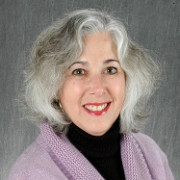
Rosenbaum has devoted her professional career to issues of health justice for populations who are medically underserved as a result of race, poverty, disability, or cultural exclusion. She regularly advises state governments on health policy matters and has served as a testifying expert in legal actions involving the rights of children under Medicaid.
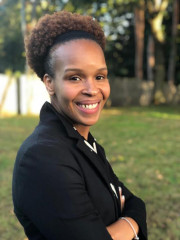
"Due to racialized anti-immigrant rhetoric and policies, immigrants were already afraid to seek health care before COVID-19. Now, fear of being "public charges" under the new Trump administration rule change and ongoing ICE detentions will cause these communities to "shelter in place" even when they need vital care that could save their lives. As many immigrants (and some citizens in mixed-status families) will likely be left out of the proposed economic stimulus packages, they will essentially be left on their own to weather this outbreak, further exacerbating this public health crisis for the country."
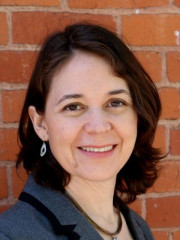
Haozous researches the conditions that promote Native American health equity, with a special interest in urban Indian health, cancer, and end of life care. Haozous draws on her background as a hospice nurse and her perspective as an indigenous woman to her work, using a holistic and decolonized framework to examine issues of policy and health equity. She is active with her tribe and with her local Indian organization, promoting the cultural activities that continue to thrive in our modern society.
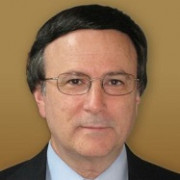
"If political considerations overtake science and policy decisions increasingly divide along party lines, the country’s ability to address the difficult challenges of a pandemic will be seriously undermined."
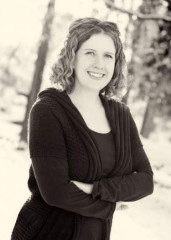
"Vaccines are one of the most promising solutions to the COVID-19 pandemic, but the development of vaccines themselves is not enough. Human factors--including issues of equity and access, perceptions of vaccine safety, and accurate, meaningful and appropriate messages--must be considered and addressed as well to convince people to receive the vaccines."
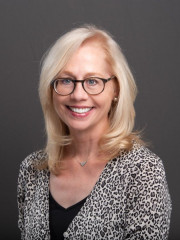
"In an epidemic or pandemic situation, medical and human resources may be stretched to the point of exhaustion. Appropriate planning must incorporate plans of action that minimize public health morbidity and mortality while maximizing the appropriate use of medical and human healthcare resources. This virus is going to be with us for a long time and it is imperative that public health measures be followed by the public, especially the most vulnerable. Such measures should not be politicized, rather, the public officials should be champions for making sure their constituents have clear guidelines and the ability to enforce such guidelines for everyone's safety."
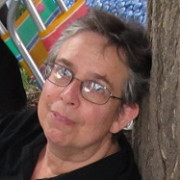
"The fact that millions of Americans have lost their health insurance because of a global health crisis exposes the fundamental mistake of linking health care access to employment. Barriers to managing chronic health conditions place people at high risk of COVID complications. These risks are not spread equally across the population: low income Americans, African Americans, Latinos and Native Americans are becoming ill and dying at elevated rates. Moreover, it is increasingly clear that many of those who contract COVID19 — young and old alike — develop debilitating and long-terms neurological and other symptoms. These Americans will have to figure out how to navigate care and assistance while struggling with pain, illness, fear, fatigue and loss of income. Many will become overwhelmed by our messy and incomplete mixture of public and private programs, each with its own eligibility criteria, demands for proof, waiting periods, re-certifications, and other hoops that are the price we pay for not having an integrated, rational system of universal health care."

"When we talk about safety net providers we're really talking about disenfranchised communities they serve -- low-income neighborhoods and communities of color. When we look at community health centers, we see most of their patients are low-income and nonwhite. Many are also in rural communities where health care access is more limited. But federal surveys of health centers show the outbreak has shuttered between 1000-2000 sites. Relief and recovery measures need to provide greater and sustainable funding support to ensure health care access in these highly vulnerable communities."